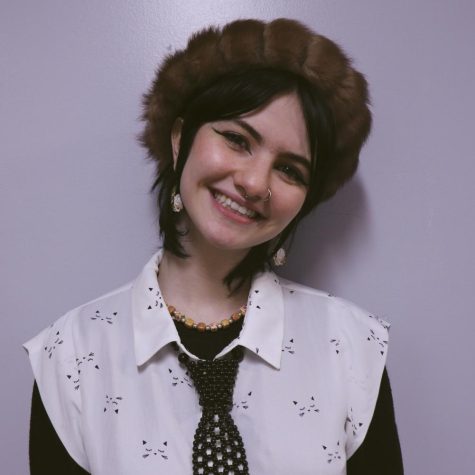I ended a friendship, here is what happened
October 14, 2021
I have been friends with redacted for quite a long time. I will cherish the memories I have made with redacted, but I am so glad that I am no longer friends with them. Maybe you are in a similar situation so let me paint the picture.
I have a friend group that is mostly people of color except for one person who I will refer to as “Friend X.” The first problem my friend group had with friend X was when they used the n-word. If you do not already know the n-word is an incredibly racist and dehumanizing term that should never leave the mouth of a person who is not black. This concept was explained to Friend X; they apologized and said they would not use it again.
My friend group continued to be friends with Friend X. In late March, our friend group was hanging out in my dorm room. Friend X was on the phone with a white person who was continually using the n-word. One of my friends of color clearly distraught by the situation asked Friend X, “Why are you allowing him to say that word? Why are you friends with him?” Friend X responded, “He says it all the time, I do not like it either.”
During the summer Friend X asked me to come hangout with their best friend. I was quite enjoying myself until we got onto the topic of the n-word. This is when Friend X’s best friend said, “I get it that you are not supposed to say it, but when I am feeling real ghetto, I just have to.” They then proceeded to use the n-word several times.
After this situation I was left so confused. How could my friend be friends with someone so ignorant and racist? Not only did they use such a hateful word but also contributed to the disgusting stereotype that black people are “ghetto”. My mind began to wonder; what do they say when I am not around? How could they be so comfortable around racism?
My friend of color decided to confront Friend X about their behavior in hopes they can grow and learn from their mistakes. They explained how Friend X’s actions were harmful and that it made them uncomfortable. This was supposed to be a learning lesson for Friend X, but rather than holding themselves accountable they began to victimize themselves.
Friend X was defensive and exclaimed they could not be racist because they treated a black kid at their school with respect (The bare minimum). Crying and claiming they were being “gas lighted”, this marked the end of my friendship with Friend X.
It is not up to white people to determine what is and is not racist. It is white people’s job to listen to people of color when they say that something is racist, instead of making excuses and defending the systems, words, and actions harming them.
One method to show allyship with people of color is to exercise consistent awareness of when we have the power and ability to make a difference. If your friend is saying something that is racist, it is crucial that you confront and educate them. Hold them accountable and if they are not willing to change, they are not your friends.
Desmond Tutu said it best, “If you are neutral in situations of injustice, you have chosen the side of the oppressor. If an elephant has its foot on the tail of a mouse, and you say that you are neutral, the mouse will not appreciate your neutrality.”








